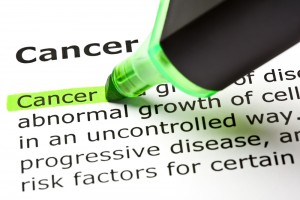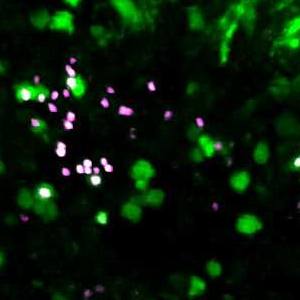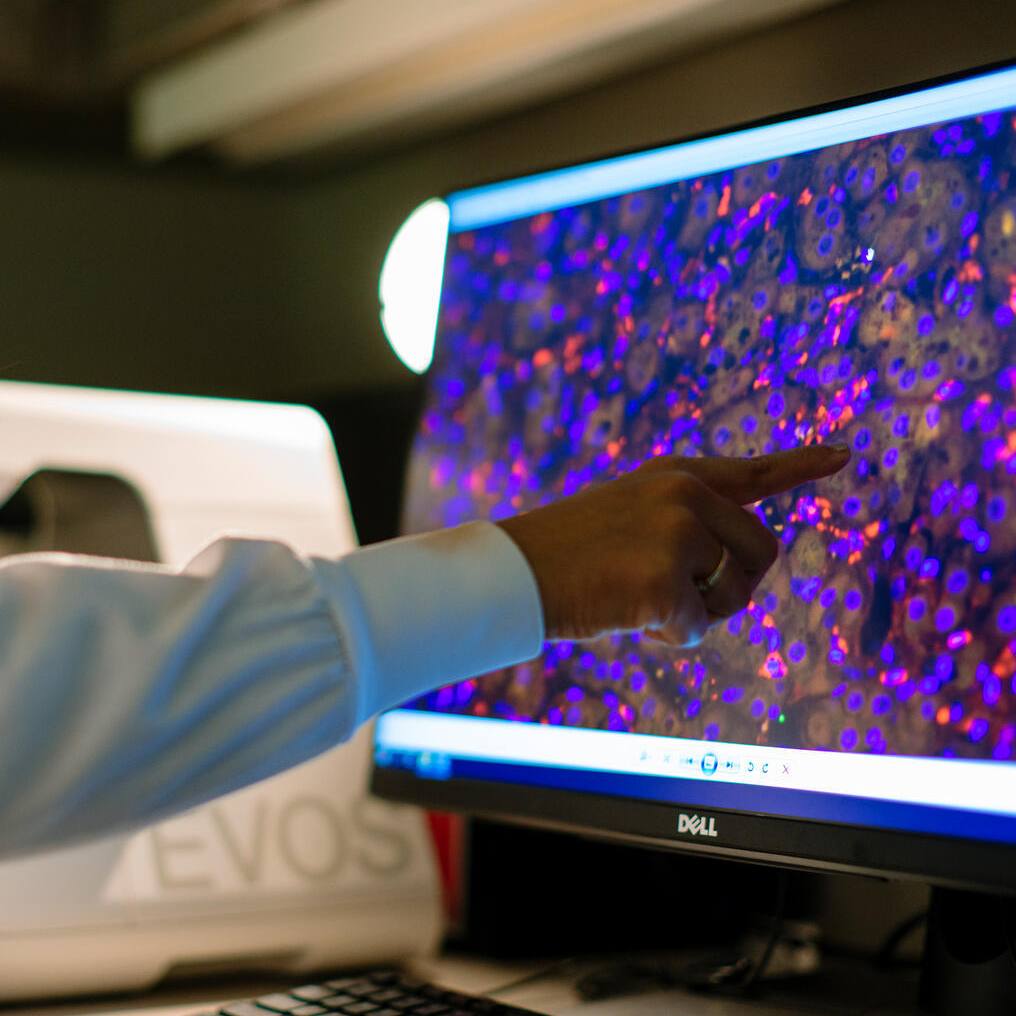ROCHESTER, Minn. — May 31, 2012. High doses of the herb American ginseng (Panax quinquefolius) over two months reduced cancer-related fatigue in patients more effectively than a placebo, a Mayo Clinic-led study found. Sixty percent of patients studied had breast cancer. The findings are being presented at the American Society of Clinical Oncology's annual meeting.

VIDEO ALERT: Audio and video resources available on Mayo Clinic News Network.
Researchers studied 340 patients who had completed cancer treatment or were being treated for cancer at one of 40 community medical centers. Each day, participants received a placebo or 2,000 milligrams of ginseng administered in capsules containing pure, ground American ginseng root.
"Off-the-shelf ginseng is sometimes processed using ethanol, which can give it estrogen-like properties that may be harmful to breast cancer patients," says researcher Debra Barton, Ph.D., of the Mayo Clinic Cancer Center.
At four weeks, the pure ginseng provided only a slight improvement in fatigue symptoms. However, at eight weeks, ginseng offered cancer patients significant improvement in general exhaustion — feelings of being "pooped," "worn out," "fatigued," "sluggish," "run-down," or "tired" — compared to the placebo group.
"After eight weeks, we saw a 20-point improvement in fatigue in cancer patients, measured on a
100-point, standardized fatigue scale," Dr. Barton says. The herb had no apparent side effects, she says.
Ginseng has long been used in traditional Chinese medicine as a natural energy booster. Until this study, its effects had not been tested extensively against the debilitating fatigue that occurs in up to 90 percent of cancer patients. Fatigue in cancer patients has been linked to an increase in the immune system's inflammatory cytokines as well as poorly regulated levels of the stress-hormone cortisol. Ginseng's active ingredients, called ginsenosides, have been shown in animal studies to reduce cytokines related to inflammation and help regulate cortisol levels.
Dr. Barton's next study will look closely at ginseng's effects on the specific biomarkers for fatigue. "Cancer is a prolonged chronic stress experience and the effects can last 10 years beyond diagnosis and treatment," she says. "If we can help the body be better modulated throughout treatment with the use of ginseng, we may be able to prevent severe long-term fatigue."
The study was funded by the National Cancer Institute and the Breast Cancer Research Foundation. Other authors include Breanna Linquist, and Charles Loprinzi, M.D.,of Mayo Clinic; Shaker Dakhil, M.D., of Wichita Community Clinical Oncology Program; James Bearden, M.D., and Travis McGinn, of Spartanburg Regional Medical Center; Craig Nichols, M.D., of Virginia Mason Medical Center; Grant Seeger, M.D., of Altru Cancer Center; Ernie Balcueva, M.D., of Saginaw, Mich.
About Mayo Clinic Cancer Center
As one of the leading institutions funded by the National Cancer Institute, Mayo Clinic Cancer Center promotes basic and clinical research on the incidence, causes and progression of cancer and translates discoveries into improved methods for prevention, detection, diagnosis, prognosis and therapy.
###
About Mayo Clinic:
Recognizing 150 years of serving humanity in 2014, Mayo Clinic is a nonprofit worldwide leader in medical care, research and education for people from all walks of life. For more information, visit 150years.mayoclinic.org, www.mayoclinic.org and newsnetwork.mayoclinic.org.
Media Contact: Joe Dangor, 507-284-5005 (days), newsbureau@mayo.edu








